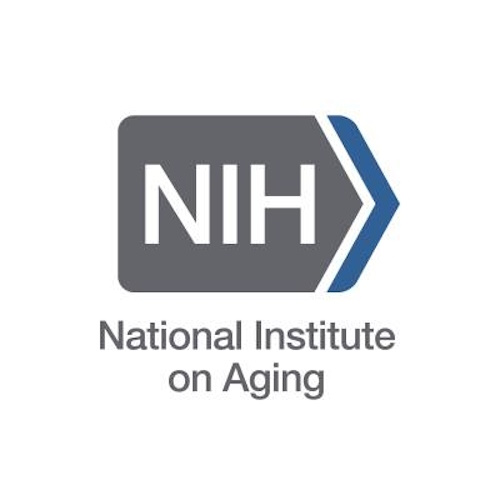Key points from article :
Intermittent fasting can improve health and longevity according to new research.
Involves eating during a six- to eight-hour window and fasting for the remaining 16 to 18 hours.
Can increase longevity, stress resistance, decrease the risk for cancer and help support weight loss.
Cells switch from glucose-based energy to ketone-based energy thereby converting fat to energy.
Not medically advised for those with diabetes, cardiovascular diseases.
Collaborative research published in New England Journal of Medicine.






